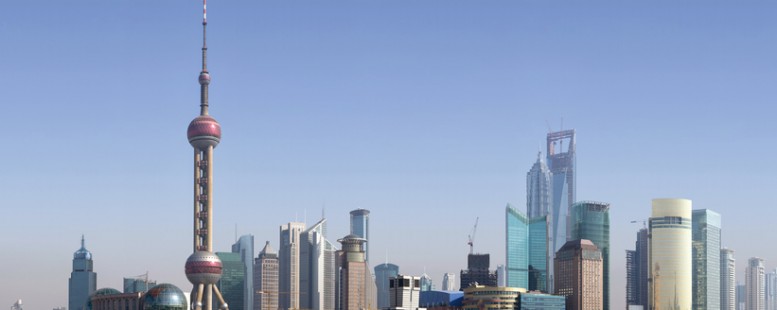Our Opinion: 2021
Xi’s China is a risk to investors

Investors should be cautious about Xi’s new era. The Chinese President’s vision for the future is very different to the past. Stricter social control and the slow struggle to tackle problems in the economy will not be good news for markets.There was just one official outcome from the Sixth Plenary Session of the 19th Central Committee of the Chinese Communist Party in November. More than 300 top members of the party met for the last time before the forthcoming national congress to approve a resolution on the party’s history and achievements – essentially a document that talks at great length about how hard the party has worked, how much it has done for the people and how it will keep up its efforts in future.
That may seem a scant return for a four-day closed-door meeting, but it has symbolic significance. This is the third time that a Chinese leader has issued a resolution on the party’s history: Mao Zedong did so in 1945 and Deng Xiaoping in 1981. By doing the same, Xi Jinping elevates himself alongside them in the pantheon of leaders, ahead of his predecessors Jiang Zemin and Hu Jintao. Xi is mentioned 17 times in the resolution, compared to seven for Mao, five for Deng and one passing mention each for Jiang and Hu.
The signal is clear. Not only will Xi continue as leader next year (there was no real doubt about this), but he represents a new era for the country, shaped solely according to his vision. The future is Xi’s China, for better or worse. The problem is that the trends increasingly say that it will be for worse.
There are three distinct – though closely connected – reasons to be concerned about the outlook for China. The first is the structural weaknesses of the economy, addressed in this – the first of three articles on the subject.
Economists and investors have been talking for many years about the need to rebalance from investment towards consumption. The problem is that this isn’t happening. Private consumption only accounts for around 39% of GDP, up from 35% a decade ago.
If China was investing productively, this would be less of an issue – but it’s clearly not. You can see this in several areas, but one of the most important and high-profile areas is residential real estate. This accounts for around 29% of GDP when you factor in everything connected to it. There is little question that there is a huge real-estate bubble and a lot of very indebted developers building properties that are often purchased for investment rather than use (about 20% of Chinese residential real estate is reportedly empty).
The Chinese government is aware of this and wants to curb the excesses in the sector – hence the public crackdown on real-estate lending earlier this year, which has brought a number of developers to the brink of failure. The difficulty is that squashing a bubble like this isn’t simple – the economic linkages are complex and actions can have far-reaching consequences.
Most obviously, the collapse of developers affects anybody who has lent to them, suppliers who are waiting to be paid and buyers who have paid for off- plan properties that may not be completed. However, bursting a wider bubble in the sector will affect the wealth of people who have bought property, with effects on consumer confidence. Less demand for new land from developers will affect local governments, who in China need to cover much of their spending and investment from land sales rather than taxes or issuing bonds. The government is not blind to this. For example, last month it announced a pilot programme under which around ten cities will levy property taxes, with the idea of introducing it nationwide after 2025. This could put local-government finances on a sounder footing, making them less dependent on the property and land price bubble, and generally reducing the outsize role that the sector plays in the wider economy.
But many changes are not easy, quick, certain or controllable. The government’s efforts to squeeze the sector may not go far enough, in which case unproductive real-estate investment will continue to be a long-term fault-line in the economy, even if it helps to support growth for now. Or they may bring everything crashing down fast. At the end of 2021, property prices fell for the first time since 2015, which some analysts already fear could be the start of a slump that will spread to the wider economy.
Real estate is just one problem, albeit a very large one. There are plenty of other poor-quality investment by state-owned companies or local governments. The economy would be a lot sounder if this spending was instead flowing to individuals and households as income.
None of this is a new idea – and Xi’s flagship policy of common prosperity aspires to spread wealth more equally. However, the details of how this will happen are non-existent and China’s window for dealing with these profound problems is shrinking because its demographics are becoming increasingly unhelpful. A decade ago, the dependency ratio – the ratio of old and young to working age people – was 34%. Now it is 42% and set to climb faster.
This will bring down the long-term sustainable growth rate. Transitioning from a model driven by lower-quality investment towards a more balanced one isn’t painless in the most favourable conditions, but it will feel even harder when the economy is growing more slowly. The temptation to prop up growth through yet another round of investment is likely to become even greater if GDP drops to 3% (which might be the sustainable rate) instead of 6% in the years ahead. In short, the longer that China puts off real change, the harder it may be.
30th December 2021
